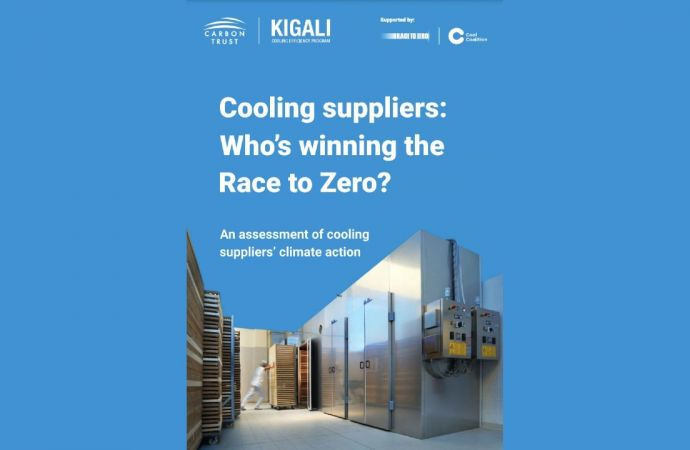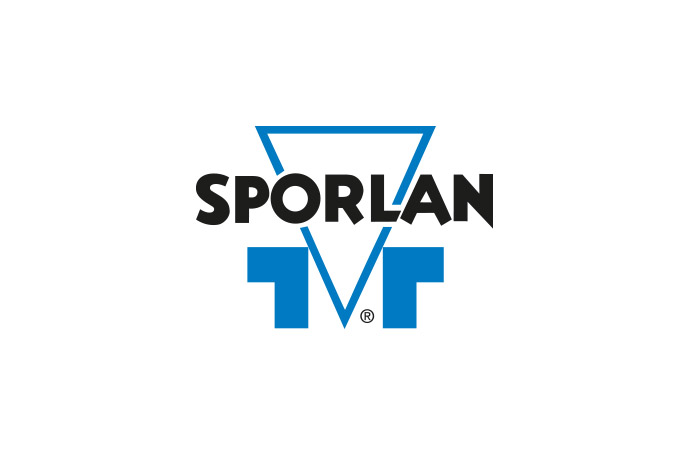A report by the UK's Centre for Alternative Technology offers a roadmap for addressing carbon emissions in the UK. It proposes a 90% reduction by 2030, which will be possible thanks to applying heat pumps at a large scale and reducing f-gas emissions among other measures.

The 400-page "Zero Carbon Britain 2030" report issued last week argues that not only does the UK have a responsibility to take leadership in the international process of decarbonisation, but that it is also possible to go beyond the national commitment to cut emissions by 80% by 2050 compared to 1990. According to the ‘zerocarbonbritain2030’ scenario, the UK can be zero carbon by 2030 through achieving a 90% emission reduction by 2030, together with ‘carbon capture’ equivalent to the remaining 10%.
Heat pumps to cater for large part of heating needs
Heat pumps used in domestic and non-domestic settings on an individual house basis or as part of district heating have a key role in the ‘zerocarbonbritain2030’ scenario.
Indeed the report assumes that 54% of domestic heat demand and 40% of non-domestic demand will be met by heat pumps in 2030. This corresponds with the limits of available appropriate sites and deployment rates from a study on renewable heat conducted for the UK Department of Energy and Climate Change.
Substitutes available for HFCs
Regarding extremely potent greenhouse gases such as hydrofluorocarbons (HFCs), the report assesses that there are reasonably-priced mitigation options and substitutes available for nearly all applications for which they are used.
The zerocarbonbritain2030 scenario, hence, assumes that by 2030 emissions from the super greenhouse gases HFCs, perfluorocarbons (PFCs) and sulfur hexafluoride (SF6) will have been reduced to 10% of their current quantity. “The technologies to reduce all of these gases to minimal quantities have been readily available for a long time”, reads the report, referring to measures such as the use of natural refrigerants including hydrocarbons in mobile and stationary applications, reduced refrigerant charges and reduced leakage from equipment.
UK government urged to consider the findings
“This new report from the Centre for Alternative Technology is much to be welcomed, coming as it does at the start of a new administration. This report […] demonstrate[s] that zero emissions by 2030 is within reach - given appropriate commitment, dedication and effort on the part of government, industry, NGOs and the public at large. […] May I urge you to study carefully its arguments and its findings”, said Sir John Houghton, Former Co-Chair of the Intergovernmental Panel on Climate Change.
Heat pumps to cater for large part of heating needs
Heat pumps used in domestic and non-domestic settings on an individual house basis or as part of district heating have a key role in the ‘zerocarbonbritain2030’ scenario.
Indeed the report assumes that 54% of domestic heat demand and 40% of non-domestic demand will be met by heat pumps in 2030. This corresponds with the limits of available appropriate sites and deployment rates from a study on renewable heat conducted for the UK Department of Energy and Climate Change.
Substitutes available for HFCs
Regarding extremely potent greenhouse gases such as hydrofluorocarbons (HFCs), the report assesses that there are reasonably-priced mitigation options and substitutes available for nearly all applications for which they are used.
The zerocarbonbritain2030 scenario, hence, assumes that by 2030 emissions from the super greenhouse gases HFCs, perfluorocarbons (PFCs) and sulfur hexafluoride (SF6) will have been reduced to 10% of their current quantity. “The technologies to reduce all of these gases to minimal quantities have been readily available for a long time”, reads the report, referring to measures such as the use of natural refrigerants including hydrocarbons in mobile and stationary applications, reduced refrigerant charges and reduced leakage from equipment.
UK government urged to consider the findings
“This new report from the Centre for Alternative Technology is much to be welcomed, coming as it does at the start of a new administration. This report […] demonstrate[s] that zero emissions by 2030 is within reach - given appropriate commitment, dedication and effort on the part of government, industry, NGOs and the public at large. […] May I urge you to study carefully its arguments and its findings”, said Sir John Houghton, Former Co-Chair of the Intergovernmental Panel on Climate Change.
MORE INFORMATION
Related stories









